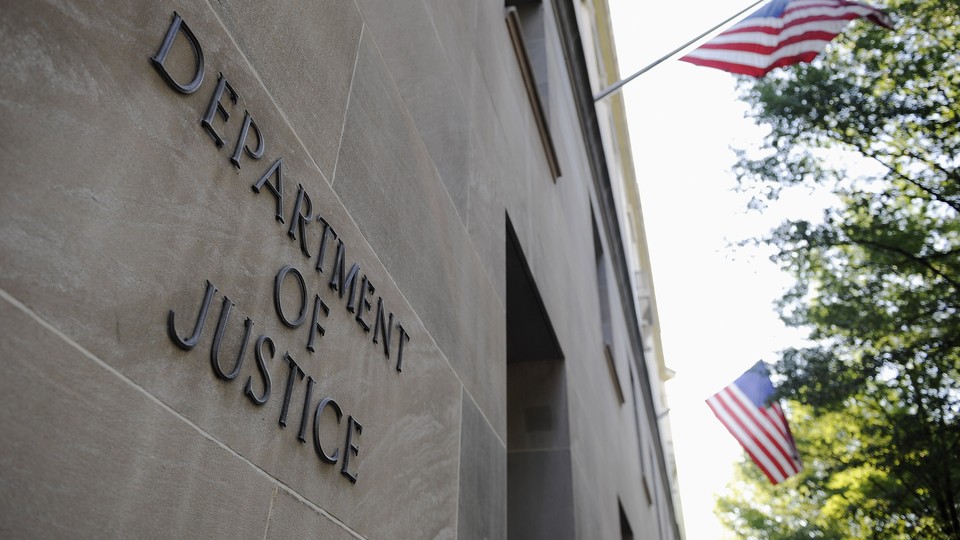In cases involving Samouri Wallet and Tornado Cash, senators from both parties, Cynthia Lummis and Ron Wyden, questioned , the authority of money-transmitter laws

In a letter to the attorney general, two U.S. senators argue that the Department of Justice prosecutes crypto blending services based on an erroneous legal determination.
The correspondence posits that services like Tornado Cash do not qualify as money transmitters, citing previous Treasury Department stances supporting this claim.
Attorney General Merrick Garland is being questioned by a bipartisan pair of U.S. senators regarding the Department of Justice’s (DOJ) “unprecedented interpretation” of the law in pursuit of cryptocurrency software services as unlicensed money-transmitting businesses.
In a letter to Garland, Senators Ron Wyden (D-Oregon) and Cynthia Lummis (R-Wyoming) raised concerns regarding the approach to prosecuting companies like Samourai Wallet and Tornado Cash. They emphasized that the Financial Crimes Enforcement Network (FinCEN) of the Treasury Department has previously maintained that non-custodial crypto services should not be classified as money transmitters.

“I’m concerned the DOJ’s interpretation would treat software developers as criminals for merely writing and publishing code used by others – a dangerous precedent that contradicts decades of settled law and raises serious First Amendment concerns,”
Wyden stated in a statement issued on Monday.
The most recent cryptocurrency privacy company pursued by federal prosecutors during the previous month was Samourai. The lawmakers’ letter, dated May 9, asserted that “subjecting developers of non-custodial crypto asset software to potential criminal liability as unregistered money transmitters contravenes the well-established interpretation of this provision.”
The DOJ further contended in a court filing that FinCEN’s guidance about cryptocurrency mixers failed to address the concept of “control,” a position criticized in the senators’ letter. As an illustration, the DOJ compared the wallet to a frying pan that transfers heat or a USB cable that transfers data, both of which facilitate the transmission of funds and fall under the legal definition of “money transmitter,” as stated in a filing from last month.
The rule does require the service to assume custody of the funds to be considered a transmitter, according to the letter from the lawmakers.
“Wallet software is no more to blame for illicit finance than a highway is responsible for a bank robber’s getaway car,” Lummis stated in a public statement.
Legislation concerning digital assets, which would establish all-encompassing US regulations for the sector and resolve safeguards against money laundering, has been a source of contention in Congress. Although a vote on one of the significant measures is anticipated in the House of Representatives as early as next week, the likelihood of comprehensive legislation being enacted this year is slim, forcing federal authorities to operate under current laws until further notice.
